- Home
- About Us
- Products
- TD High-efficiency And Energy-saving Circulating Pump
- TD High-efficiency And Energy-saving Circulating Pump Accessories
- Pipeline Pump
- Pipeline Pump Accessories
- Sewage Pump
- Sewage Pump Accessories
- LG Multi-stage Pump
- LG Multi-stage Pump Accessories
- Cooling Tower Circulation Pump
- Electric Motor
- Electric Motor Accessories
- News
- Contact Us
- Home
- About Us
- Products
- TD High-efficiency And Energy-saving Circulating Pump
- TD High-efficiency And Energy-saving Circulating Pump Accessories
- Pipeline Pump
- Pipeline Pump Accessories
- Sewage Pump
- Sewage Pump Accessories
- LG Multi-stage Pump
- LG Multi-stage Pump Accessories
- Cooling Tower Circulation Pump
- Electric Motor
- Electric Motor Accessories
- News
- Contact Us
Web Menu
- Home
- About Us
- Products
- TD High-efficiency And Energy-saving Circulating Pump
- TD High-efficiency And Energy-saving Circulating Pump Accessories
- Pipeline Pump
- Pipeline Pump Accessories
- Sewage Pump
- Sewage Pump Accessories
- LG Multi-stage Pump
- LG Multi-stage Pump Accessories
- Cooling Tower Circulation Pump
- Electric Motor
- Electric Motor Accessories
- News
- Contact Us
Product Search
Exit Menu
Pipeline pump: key equipment for efficient liquid transportation
Pipeline pump is a pump equipment used to transport liquid, which is widely used in industries such as industry, agriculture and construction. Its main function is to transport liquid media such as water, chemical liquids and oil products through the pipeline system to meet the needs of different working conditions. Pipeline pumps have become an important part of liquid transportation systems with their high efficiency, energy saving and convenient installation.
The basic principle of pipeline pumps is to generate centrifugal force through the rotation of the impeller to suck liquid from the water inlet of the pump and discharge it through the drain. The impeller rotates at high speed driven by the motor, and the liquid obtains kinetic energy under the action of centrifugal force. As the pressure increases, the liquid is forced to flow through the pump body and transported to the required pipeline system. Pipeline pumps are usually installed on the straight line of the pipeline, and their inlet and outlet flanges are directly connected to the pipeline. This design makes it small in footprint and easy to install and maintain.
According to the different working media, pipeline pumps can be divided into clean water pipeline pumps, hot water pipeline pumps, corrosion-resistant pipeline pumps and oil pumps. Different types of pipeline pumps can adapt to different liquid properties, such as temperature, viscosity and chemical composition, to meet diverse transportation needs.
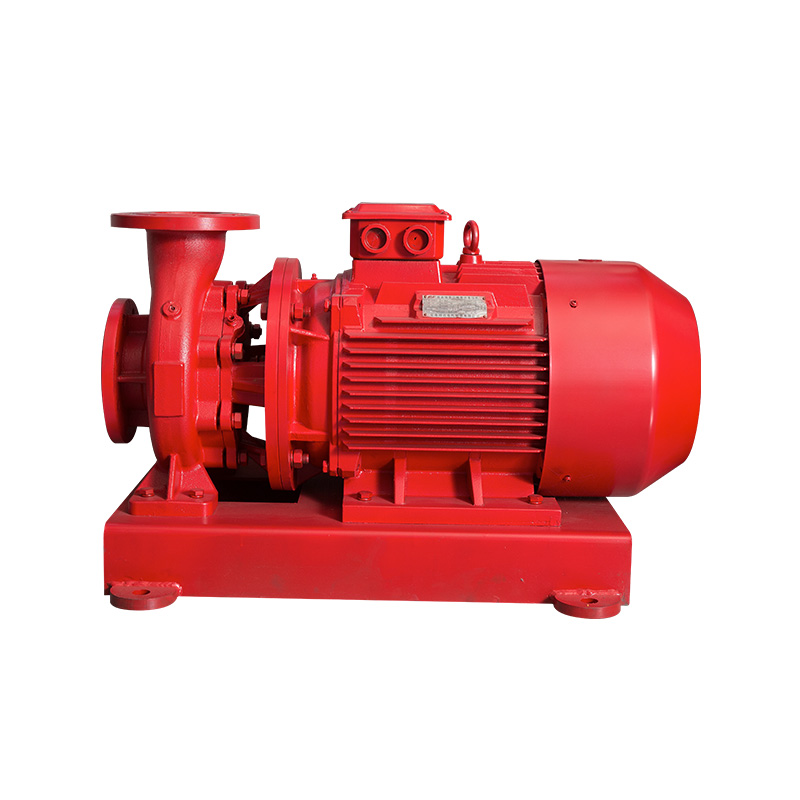
Pipeline pumps usually have high efficiency and can effectively reduce energy consumption in the process of transporting liquids. As the demand for energy conservation and environmental protection increases, modern pipeline pumps adopt optimized hydraulic design, improve hydraulic performance, and thus reduce operating costs. At the same time, pipeline pumps using variable frequency technology can adjust the speed according to changes in flow and pressure, achieving more precise control and higher energy saving effects.
The structural design of the pipeline pump makes its inlet and outlet located in the same straight line, and can be directly installed on the pipeline, saving additional infrastructure costs. In addition, the maintenance of pipeline pumps is also relatively convenient. Most designs allow the removal of key components such as impellers and mechanical seals without removing the entire pump body. This design helps to reduce downtime and improve the reliability and service life of equipment.
Pipeline pumps are suitable for various liquid transportation occasions. Whether it is high-temperature liquid, low-temperature liquid or corrosive liquid, it can be dealt with by selecting appropriate materials and sealing forms. Corrosion-resistant pipeline pumps are made of stainless steel, plastic or other corrosion-resistant materials and can be used in the chemical industry to transport acid and alkali liquids. For hot water systems, high-temperature resistant pipeline pumps can withstand liquid transportation up to 180°C.
In the industrial field, pipeline pumps are widely used in the transportation of liquids in process flows, such as cooling water, process water, and the circulation and transmission of various chemical solutions. The petrochemical industry is particularly dependent on corrosion-resistant pipeline pumps for conveying organic solvents and acidic and alkaline media. In addition, pipeline pumps are also used for the circulation of boiler water to ensure the normal operation of production equipment.
In municipal water supply systems, pipeline pumps are used to pressurize and convey tap water to meet the water needs of buildings of different heights. Sewage treatment plants use pipeline pumps to convey treated clean water or sewage to ensure that the water quality meets the discharge standards. The high efficiency and reliability of pipeline pumps make them important equipment in the water treatment industry.
In the agricultural field, pipeline pumps are used for long-distance water delivery and sprinkler irrigation systems to help farmland achieve efficient irrigation. The durability and energy-saving characteristics of pipeline pumps make them adaptable to different irrigation conditions and water source quality, reducing farmers' maintenance costs and energy consumption.
As an efficient liquid conveying equipment, pipeline pumps are widely used in many fields such as industry, agriculture and municipal engineering due to their high efficiency, energy saving, easy installation and strong applicability. With the advancement of technology and changes in demand, future pipeline pumps will further enhance their energy-saving performance and intelligent control capabilities to meet the use requirements of more complex occasions and provide more reliable and efficient solutions for liquid conveying systems.
Related Products
-

Vertical TD high-efficiency and energy-saving circulation pump body
Cat:TD High-efficiency And Energy-saving Circulating Pump Accessories
Vertical TD Energy Efficient Circulating Pump Pump Body is the shell o...
See Details -
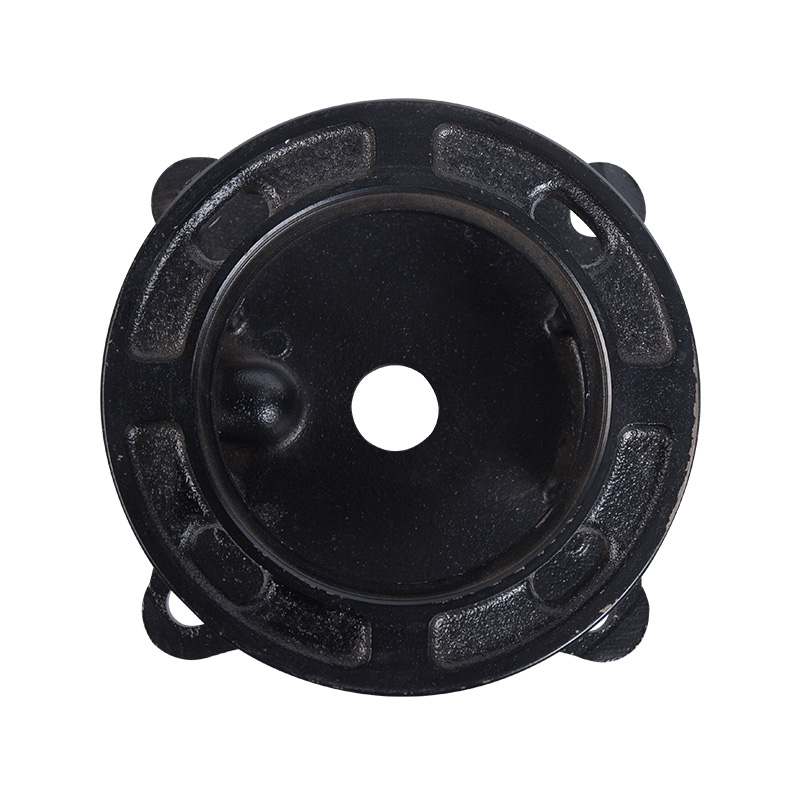
Pipeline pump B14 pump cover
Cat:Pipeline Pump Accessories
The pipeline pump B14 pump cover is a specific type of pump cover for ...
See Details -
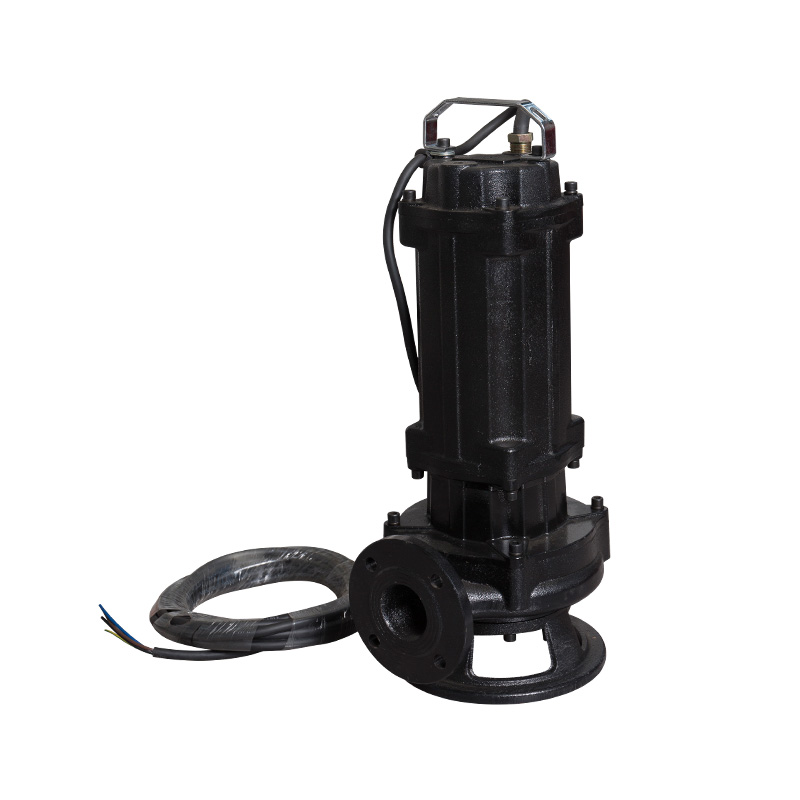
Cutting sewage pump
Cat:Sewage Pump
Cutting sewage pump is a kind of sewage pump, also called cutting pump...
See Details -
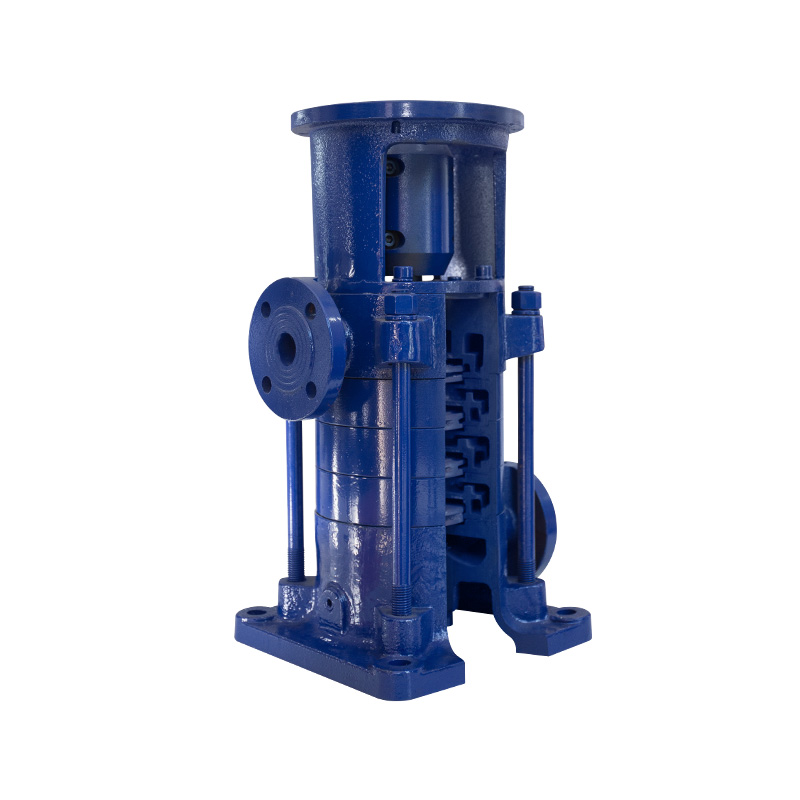
LG multistage pump 100 series
Cat:LG Multi-stage Pump
Product features 1. Compact structure, small volume, small footprint. ...
See Details -

LG multi-stage pump 150 series
Cat:LG Multi-stage Pump
Operating conditions 1. It can convey clear water or non-corrosive med...
See Details -
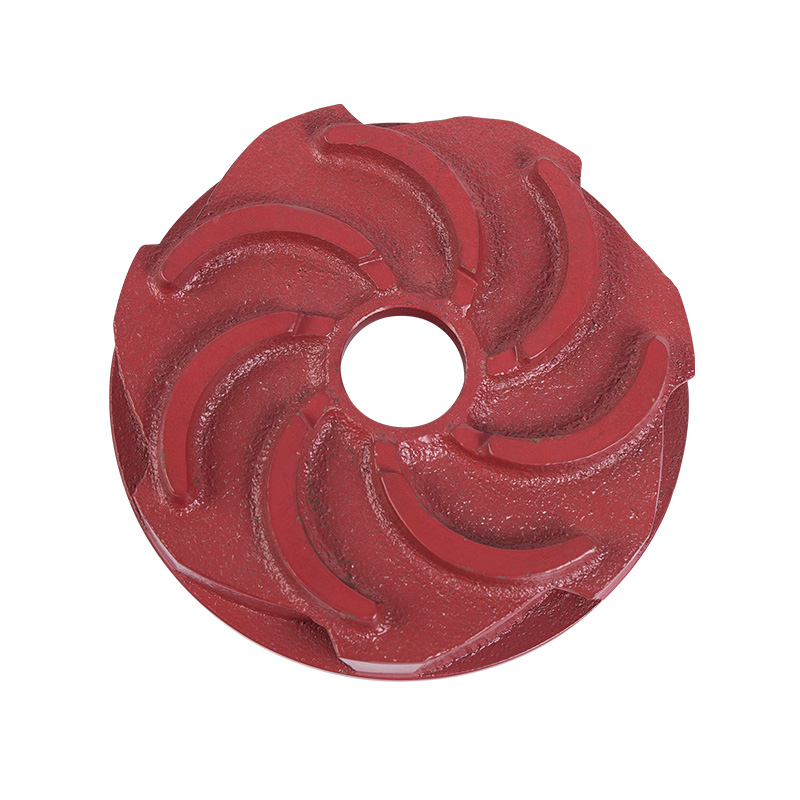
LG multi-stage pump guide vane
Cat:LG Multi-stage Pump Accessories
A guide vane is a guiding device located at the impeller inlet that gu...
See Details -
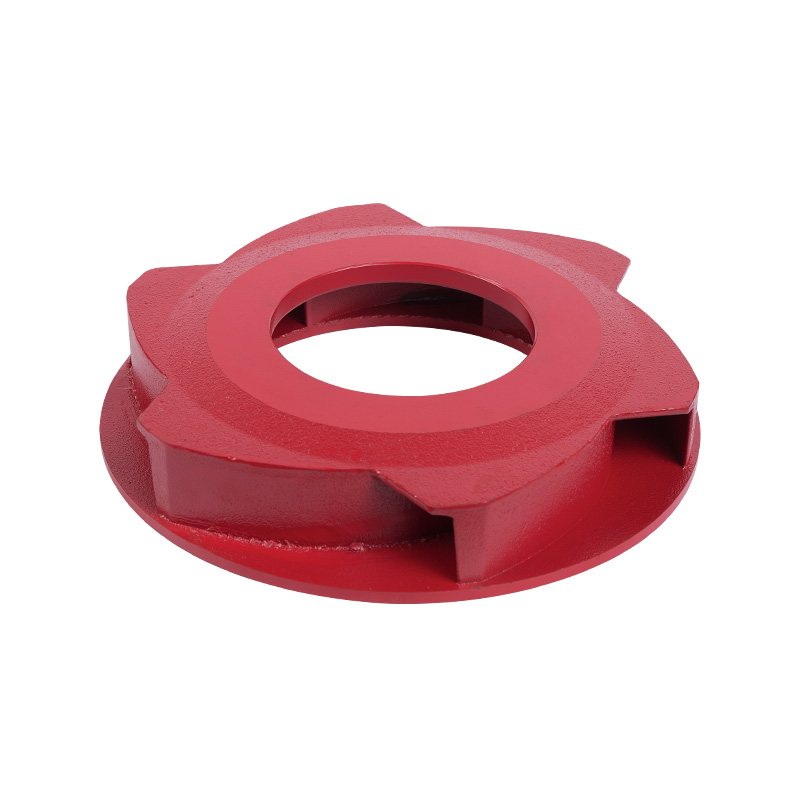
LG multistage pump cast iron impeller
Cat:LG Multi-stage Pump Accessories
Cast iron impeller is one of the key components of the pump, which pre...
See Details -
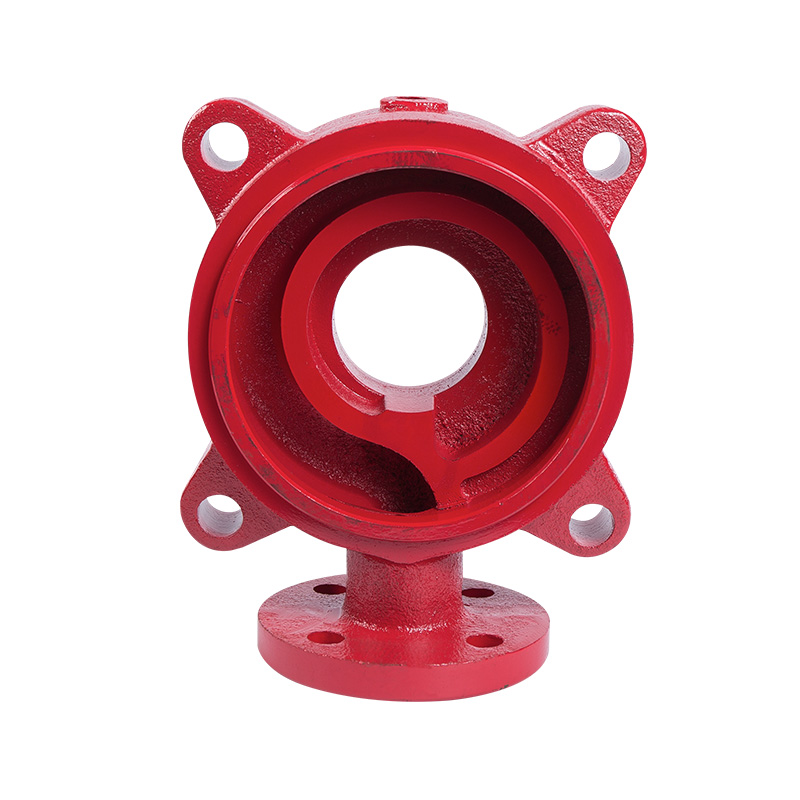
LG multi-stage pump water outlet section
Cat:LG Multi-stage Pump Accessories
The outlet section is the outlet part of the pump, which is responsibl...
See Details -
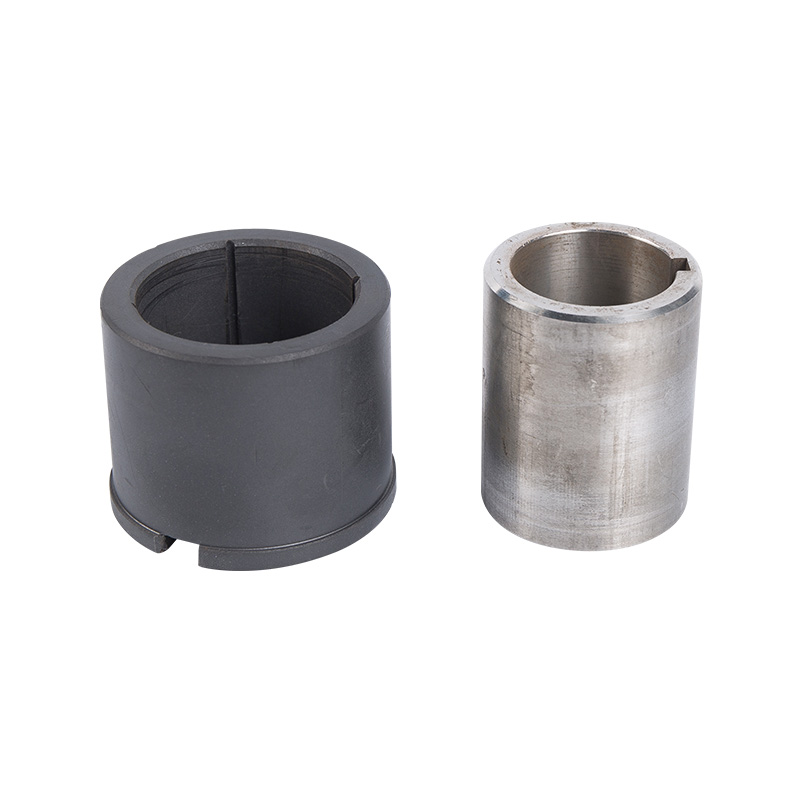
Stainless steel LG multi-stage pump bearing sleeve
Cat:LG Multi-stage Pump Accessories
Stainless Steel Bearing Sleeves are bearing sleeves made of stainless ...
See Details -
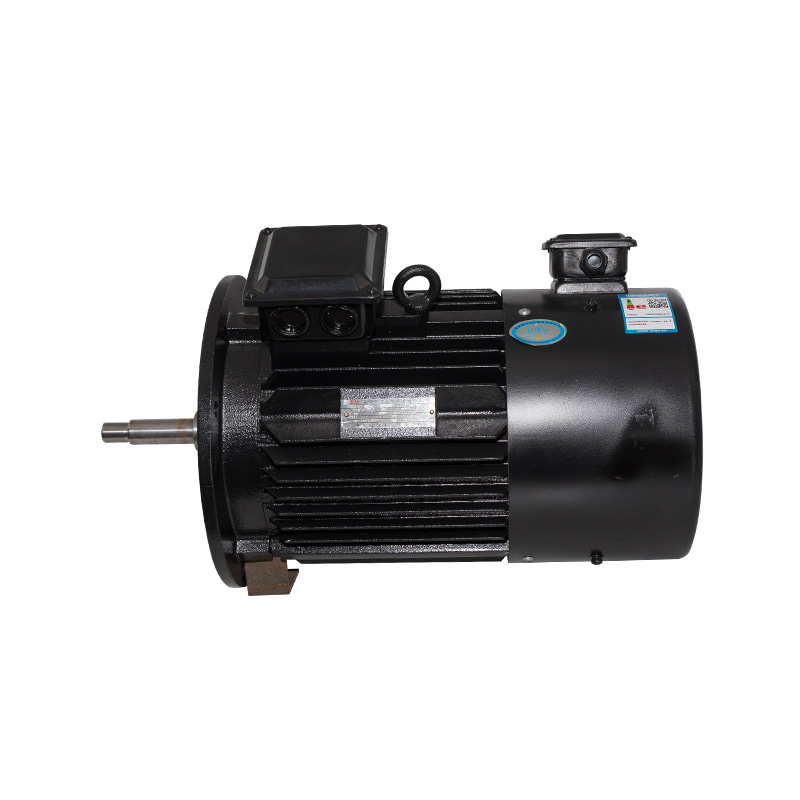
B14/B5 Vertical inverter motor
Cat:Inverter Electric Motor
A type of adjustable speed motor that can control the speed of the mot...
See Details
- TD High-efficiency And Energy-saving Circulating Pump
- TD High-efficiency And Energy-saving Circulating Pump Accessories
- Pipeline Pump
- Pipeline Pump Accessories
- Sewage Pump
- Sewage Pump Accessories
- LG Multi-stage Pump
- LG Multi-stage Pump Accessories
- Cooling Tower Circulation Pump
- Electric Motor
- Electric Motor Accessories
-

+86-0563-2251312
-

+86-0563-2251311
-

+86-139 6620 0379
-

-

No.43 Guohua Road, Guangde Economic Development Zone, Xuancheng City, Anhui Province, China

